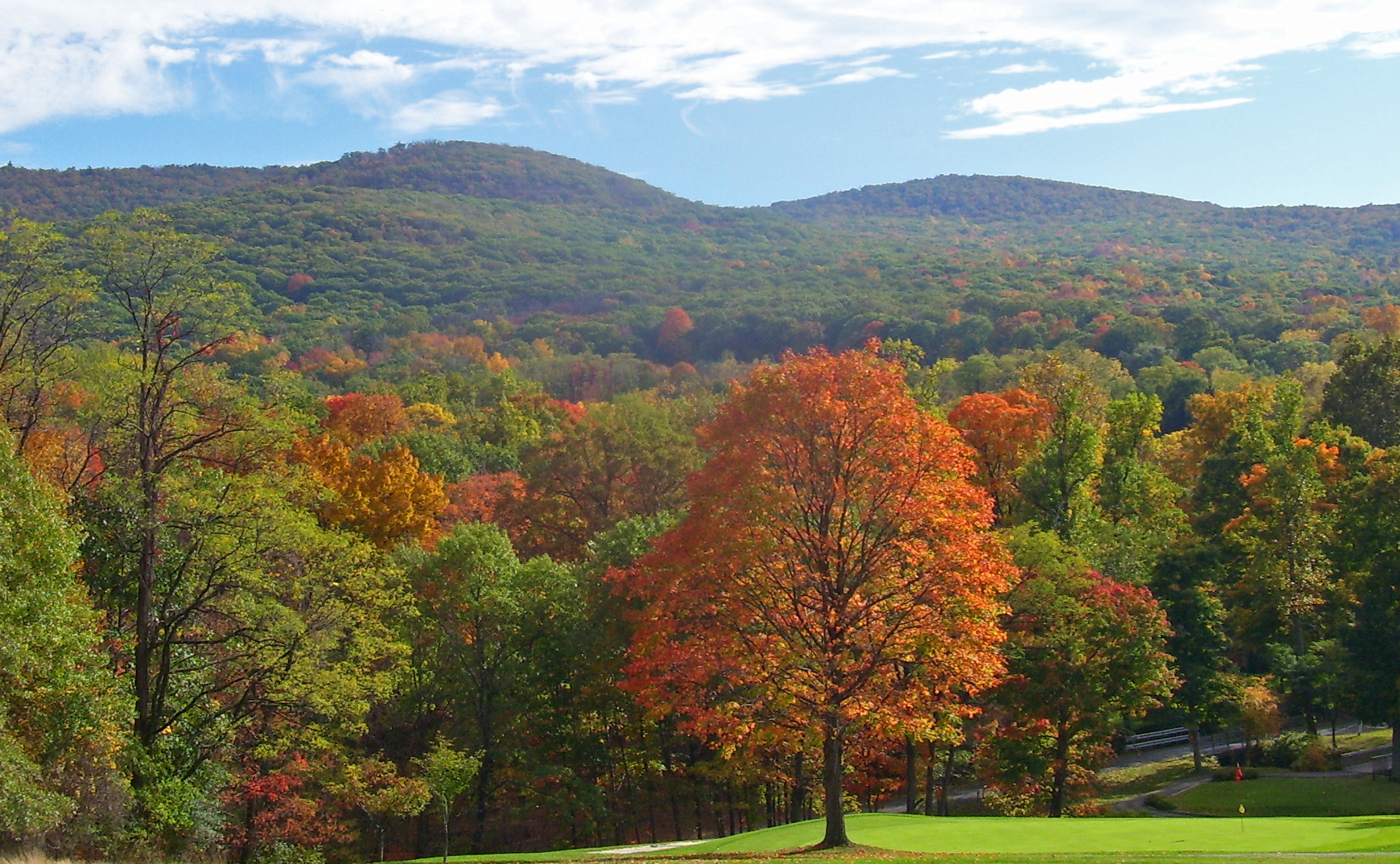Close your eyes and breathe in. How do we meditate about nature? Let us think of some cliché scenes of nature: magnificent Alpine peaks, unspoilt blue lakes, endless tundra, rain forest. The concept of nature seems to be defined as those objects left alone by men. The fewer humans have set foot somewhere, the more natural that place is.
This idea of nature as ’that which humans are no part of’ is intuitive to everyone who ever took a hike, but impossible to uphold in a serious intellectual debate. The emotional appeal of sublime and beautiful nature works because we are a part of it, and it is a part of us (we only need to think about the billions of friendly gut bacteria who reside in our belly). The juxtaposition man – nature is translated in an entanglement of the two, in which the terms are rather vague.
Still, the concept of nature is among us and it appears to mean something different than simply ‘being’. We remember Lord Byron’s famous romantic lines “I love not Man the less, but Nature more”. Nature is more awe-inspiring to him than people. He imagines ‘mingling’ with the Universe. He wants integration in nature as a pure enjoying observer, without the cumbersome dynamics of human relations. Yet, he must remain distinguishable from nature, so every now and then his self-awareness as an observer flares up. I see Lord Byron floating on a pristine lake, gazing at the clouds and the green hills, while he lets the awareness of his awe and his attentiveness slowly sink, until a fly wakes him up by sitting on his nose.
Breathe, Byron. Our concept of nature is fully artificial. It is a mental artefact that we create every time we observe the world and try to translate that sublime, overwhelming feeling of a raw, imposing reality into a short word. When we advocate “more nature in cities” we don’t care about our intestinal residents but about flowering plants and other forms of groomed, cultivated nature. When we say we “go into nature” we don’t mean a walk in the garden, but a hike in a primary forest or a sailing trip to an uninhabited island. We construct these concepts of nature when and as we need them to make sense of the world, to understand our instinctive primate reaction to the experience of the sublime.
In the same way, we distinguish ourselves as free agents from our human nature, the concept of which we often invoke to explain away the weakness of our will. We don’t think about breathing or drinking water when we bring up human nature, but about character traits. Here too, the category of nature helps us to interpret and bear our emotions, such as shame, envy or guilt.
We still love nature, and we are still going to call her nature. But we slowly become aware of our vantage point and the inadequacy of our concept. May a bird song remind us that we are that bird’s nature.

